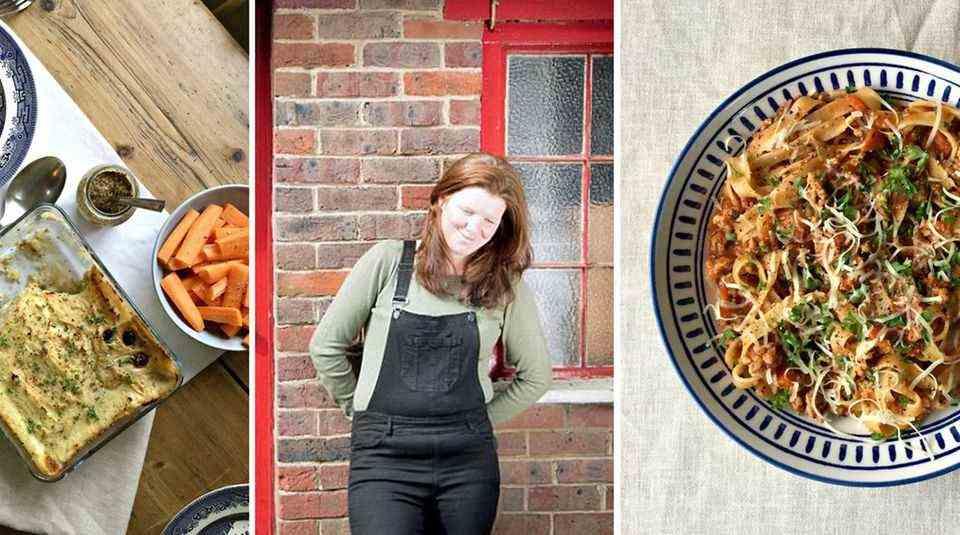Consumer psychology
Unnecessary expenses – these are the tricks the supermarkets use to pull our money out of our pockets
She’s doing it right, she’s using a shopping list.
© Gilaxia / Gettyimages
Everyone knows it: you just wanted to buy milk and fruit and you come to the cash register with a cart full to the brim. We reveal the tricks of the retail trade and what to do about it.
How can it happen that we always buy more than we actually wanted? Quite simply, scientists work for supermarket chains to manipulate us consumers according to every trick in the book. We are easy victims because we are completely clueless – after all, all you want to do is buy milk and fruit.
Knowledge protects
If you want to eat healthily and protect your wallet at the same time, arm yourself and look out for these tricks. Once you’ve figured out consumer psychology methods, they don’t work as well any more. They work best when consumers do not even notice how they are subtly pushed in one direction.
Trick number one: The shopping carts are getting bigger and bigger. This is useful for a bulk purchase, but a customer who only buys a few things will see how lost their selection lies in the bucket. The question quickly arises: Have I really thought of everything? Isn’t there still something missing? If you are planning a small purchase, you should always use a carrying basket.
Brake in the entrance area
The seasonal articles are placed in the entrance area. Christmas treats or chocolate bunnies, for example. This will make you aware of upcoming major events. Even if you don’t buy anything, the shopping list for the event is anchored in your head. Most of the time, the delicacies are nicely draped in the entrance and presented in a seasonal arrangement. That looks inviting and: You slow down. You just wanted to rush to the refrigerated shelf for your milk, now you take it slower. The next trick: the seasonal items await you again before the checkout. Perhaps you managed to pass the gingerbread one day. But that wiped out most of the will to resist, and a second time will not be so easy.
For a clear conscience
The fruit and vegetable department usually follows the entrance. This is where you should start your shopping. With good and valuable products, you will have collected organic bonus points in your head because you have made such a healthy choice. The calculation: After that, it will be much easier for you to put unhealthy products in the basket.
Special offers and discounts act like a stop signal, said brain researcher Bernd Weber the ARD magazine “W for knowledge“.” When it comes to discounts, our minds fail. “The scientist has established that our purchasing decisions are usually emotionally motivated. Bernd Weber measured brainwaves when shopping. Above all, discounts and bargains activate a reward network in the brain. Cheap makes you happy. And this Emotions take advantage of the markets.
Never go shopping when hungry
Bread stands and product samples are primarily used to spread delicious smells in the shop. Here we humans hardly function any differently than a dog. If the scent rises into the nose, the water in your mouth will also run. It’s an ideal mood to go shopping.
Everyone knows the opposite aspect: If you wander through the aisles full of paper, shopping is difficult. If you want to discipline yourself, you should never go to the supermarket hungry if possible.
It is widely known that bending over is usually worthwhile. The most expensive branded products are placed at eye level, while inexpensive alternatives are just above the floor – out of sight. The most unhealthy foods, on the other hand, are sorted within easy reach of children. Around the level of your belly button. So the little ones who are still sitting in the car can courageously grab it. With the kids who can already walk, the sweets are at eye level.
Basically, it is best to go to the supermarket with a clear shopping list. Then you have to justify yourself every time something has ended up in the basket that was not actually intended.



